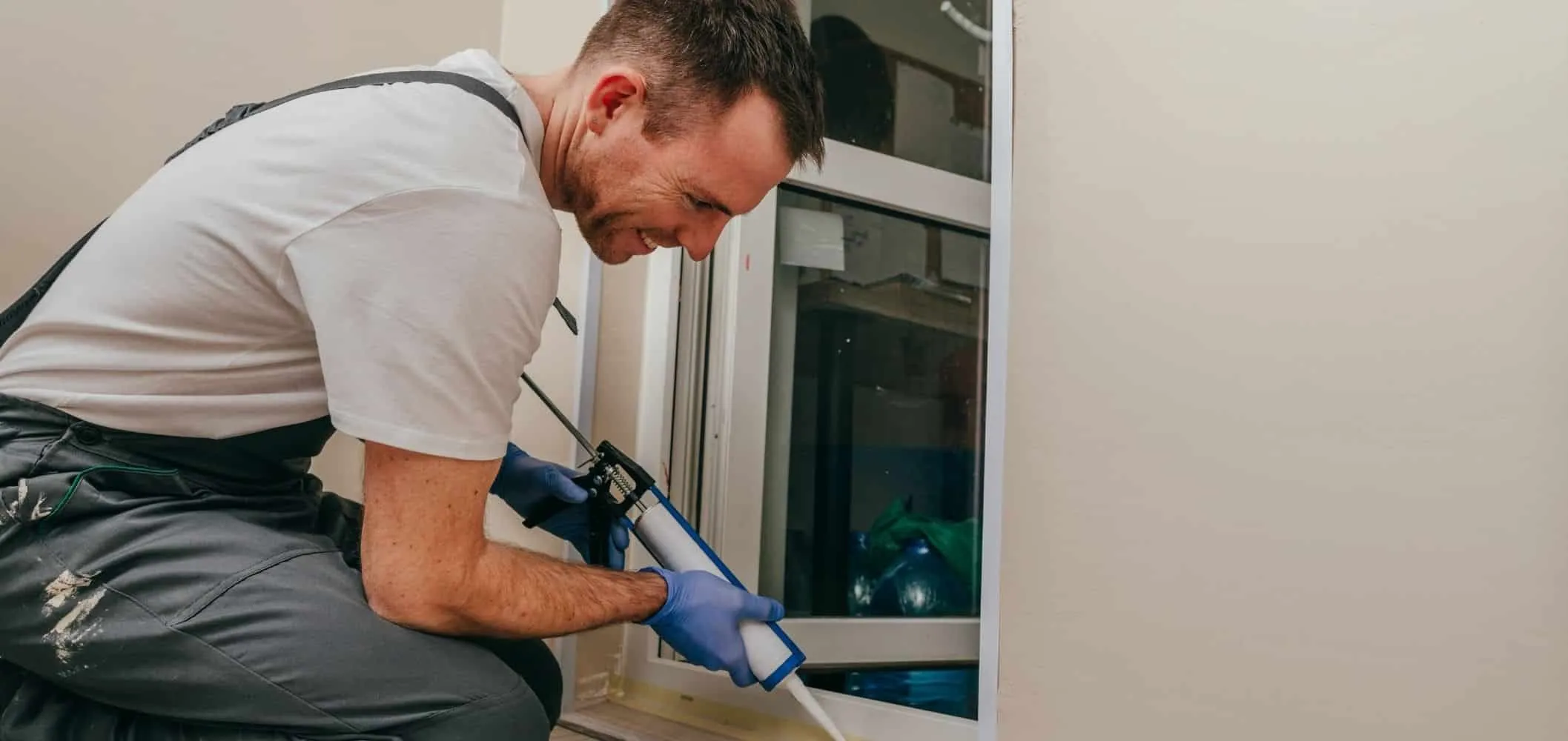
No matter where you are financially, or how you feel about your finances, there’s always room for improvement and optimism. With the right tools to help you track spending and stay in-bounds with your budget, you can improve your credit score, boost your emergency fund, pay down debt and make strides toward your financial goals.
Track your spending
Any plan that helps you track spending (and keeps more money in your wallet) is the right way to go. For many, this includes using a convenient and accessible tool such as a mobile app. At ANB, we’re partial to our own: ANB Go. It’s your personal finance command center and will help you monitor every penny spent—and not just for your ANB accounts. With ANB Go, you can link your external accounts to see your full financial picture. You’ll also save time by placing all your assets on one dashboard.
To see where you can cut back and save, look at your spending in two groups: essentials and non-essentials. Rent/mortgage, car payments, utilities and groceries are squarely in the essentials category. Subscriptions, entertainment, dining and other lifestyle purchases fall into non-essentials where there’s usually more wiggle room for adjustments. There’s nothing wrong with eating out or splurging here and there, but the non-essentials can add up fast, especially when you look at your monthly and yearly totals.
Practice living within your budget
Do your intentions match your spending? It’s normal if the first month, and even the second, don’t exactly go as planned. Instead of feeling discouraged, celebrate the fact that you’ve taken the first step toward securing your future. It will get easier, and every effort you make is worth recognizing.
A budget is also more than a financial tool; it’s a way to better understand your habits and uncover what truly matters to you. You’ll start noticing where impulse buys or convenience purchases are adding up more than you realized. As you continue, the distinction between wants and needs will become clearer, and you might find that some things you thought were essential aren’t as important after all. It’s all part of the journey as you master the art of mind over money.
Build your emergency fund
Saving for a rainy day and an unexpected expense is one of the best ways to give yourself peace of mind when faced with an unlucky situation. You’ll likely already feel the stress of dealing with whatever situation has arisen, so don’t let financial stress complicate that, too.
Set aside some money every month to cover potential expenses like medical bills, a car repair or any other emergency cost. It’s ideal to have three-to-six months of expenses saved in your emergency fund, but whatever you can save is helpful. For help calculating your ideal emergency fund amount, check out this calculator from NerdWallet.
Finally, consider placing your emergency funds in a separate savings or checking account. In case you overspend, you’ll reduce the temptation to dip into emergency funds. A separate account also makes tracking your savings a lot easier.
Ready to start saving?
Open a CD, checking, savings or money market account online in just a few minutes.

Make a plan to pay down debt
Starting a new year with debt can feel overwhelming, but now is the perfect time to tackle it head-on. The sooner it’s out of your life, the better.
The two most effective and popular methods to pay down dept are the “debt snowball” and the “debt avalanche.” Both have been proven to work and will help you reach your goal of becoming debt free.
With the debt snowball method, you’ll pay off debts in order from smallest to largest. Paying off the smallest balance first provides a quick win, giving you a sense of accomplishment and momentum to tackle the next item on your list.
In contrast, the debt avalanche focuses on paying off debts with the highest interest rates first. While you may not get an immediate win, this method saves you more money in the long run by reducing the amount of interest you pay over time.
Paying off debt is often a journey of self-reflection and a chance to improve your relationship with money. By making these changes, you can avoid falling into another cycle of debt and create a more secure financial future.
Review your credit report
You’re able to request a free report from each of the three major credit bureaus each year (Experian, TransUnion and Equifax) and it’s well worth doing. Looking at your credit report means you can find potential errors and resolve these before they have a lasting impact on your credit score.
Knowing your credit score is crucial if you’re planning to take out a loan in the next year. Your credit score plays a major role in determining whether you’ll be approved for all loans, as well as the terms you’ll be offered. Maintaining a high score by keeping debt low and making payments on time will increase your chances of securing the best interest rates on the loan you take out.
Grow your long-term savings
Will you need to replace your car in a few years? Is buying a house in your future? Then it’s time to look at your goals and create a plan to get there. The future will arrive faster than you think and having a savings playbook can really pay off.
To save faster, consider a certificate of deposit (CD), a personal money market or high-yield checking. Each gives you a higher-earning rate so you can maximize the growth of your balance. Rates designed for growth can also help you protect your savings from the devaluing forces of inflation.
Reassess your investments
Whether you’re starting to invest for the first time or looking at changing your portfolio, make sure that reviewing your investments is included in your financial planning for the year.
Review how much you can contribute to any employer-sponsored retirement plans, and if possible, contribute enough to take full advantage of any employer match—after all, that’s essentially free money for your future. The earlier you start, the more time your money can grow, helping you build wealth for when your working days are behind you.
Start saving and earn more
The time you invest in personal financial planning is always worthwhile, especially when you discover ways to reduce expenses, which is essentially paying yourself back. The only way to see the benefits is to start your plan today.
Let’s do more for your financial fitness
Want to talk to a banker in person? Our team is ready to help at a location near you. From choosing accounts to jump starting your budget, we’re here to help.

Recent Updates
-
 03.24.2025 | Financial Tips
03.24.2025 | Financial TipsEssential HELOC Facts Every Minneapolis & St. Paul Homeowner Should Know
If you’re a homeowner in Minneapolis or St. Paul, the idea of using your home’s equity to secure line of...
-
 02.07.2025 | Financial Tips
02.07.2025 | Financial TipsOmaha homeowners: your guide to winterizing and saving money
Omaha gets an average of 28 inches of snow per year. On top of that, Omaha also has a winter...
-
 12.23.2024 | Financial Tips
12.23.2024 | Financial TipsYour Minneapolis home winterization how-to guide
Is your house feeling drafty? Could your energy bills be a little lower? Are you considering a furnace upgrade? If...


